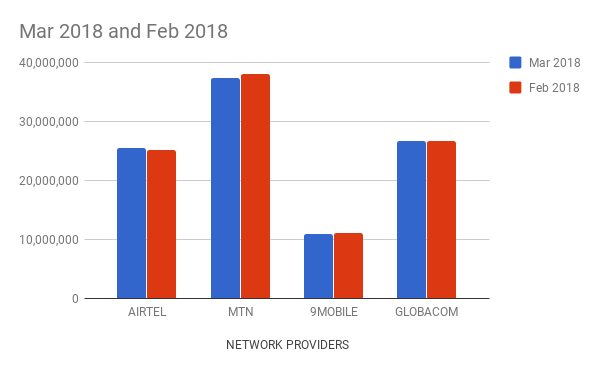Mr Adebayo Shittu, the Minister of Communications, says the ICT Roadmap, if well implemented, will facilitate the development of the Information and Communications Technology (ICT) industry.
The Minister expressed the Federal Government’s commitment to the reform of ICT sector in an interview with the News Agency of Nigeria on Tuesday in Abuja.
He said the implementation of the ICT Roadmap of 2017 to 2020, would also help to increase the sector’s contribution to the nation’s Gross Domestic Products (GDP) through improved and better service delivery.
He said that the roadmap came about as a result of views, proposals and recommendations of various stakeholders in the industry as to where the industry should be heading to.
According to him, the roadmap defines the different roles that the different agencies of the ministry should undertake in order to use ICT to develop Nigeria.
“The time NIPOST is reformed and became fully commercialised, it would have not less than five new companies.
“One of them is NIPOST Banking and Insurance Company, NIPOST Property and Development Company, NIPOST Transport and Logistics Company, NIPOST e-Commerce Services and NIPOST e-Government Services,” he said.
Shittu said the document also recommended two additional satellites for NIGCOMSAT in order to expand the infrastructure of the agency which currently has one satellite in orbit.
He said by the time the agency’s infrastructure was consolidated, it would stop Nigerian entities from patronising foreign satellite companies, thereby reducing capital flight from the country.
He, however, noted that having complied with the objectives of the roadmap, the supervisory, mentoring and regulatory roles of the Nigerian Communications Commission (NCC) had improved substantially with regards to the telecom operations.
‘’With regards to the internet operations, NITDA as a supervisor and regulator has also improved tremendously having regards to the ideas that are contained in the roadmap,” he added.
On what the ministry is doing on issue of importation of fake and sub-standard phones into Nigeria, the minister said plans were underway to bring-up a legal framework against such practice.
“For now, the thinking is still on as to how to bring a legislation which will enforce the customisation of phones that are coming in,” he said.
He however acknowledged that the Standard Organisation of Nigeria (SON) and the Nigerian Customs Service had a lot to do in ensuring that the right products were brought into the country.
“And you will agree with me that it is not really the business of this ministry.
“It is the business of the SON and of the Customs to ensure that only the right things are brought in and the appropriate customs duties are paid on them,” he said.
Shittu said he would love to be remembered as a minister who was the most acceptable by the stakeholders in the ICT industry and a minister who was ready to welcome every new idea by everybody.
“I want to be remembered as a minister who came here, who was the most accessible minister by members of the general public; the minister who saw himself not as a boss but as a servant of the public.
“And a minister, who was the most acceptable by the stakeholders in the ICT industry.
“I am happy to say I have already achieved that because initially when I was appointed, stakeholders protested because I was not an ICT person but barely one and half years thereafter, I was given an award of fellow of the Nigerian Computer Society.
“So a minister in whose time, NIPOST became repositioned, became reformed and became commercialised to such an extent that new companies never heard of in the history of any postal service, became established for Nigeria.
“So, these are some of the things I hope before I leave office I would have achieved and much more,” he said.
